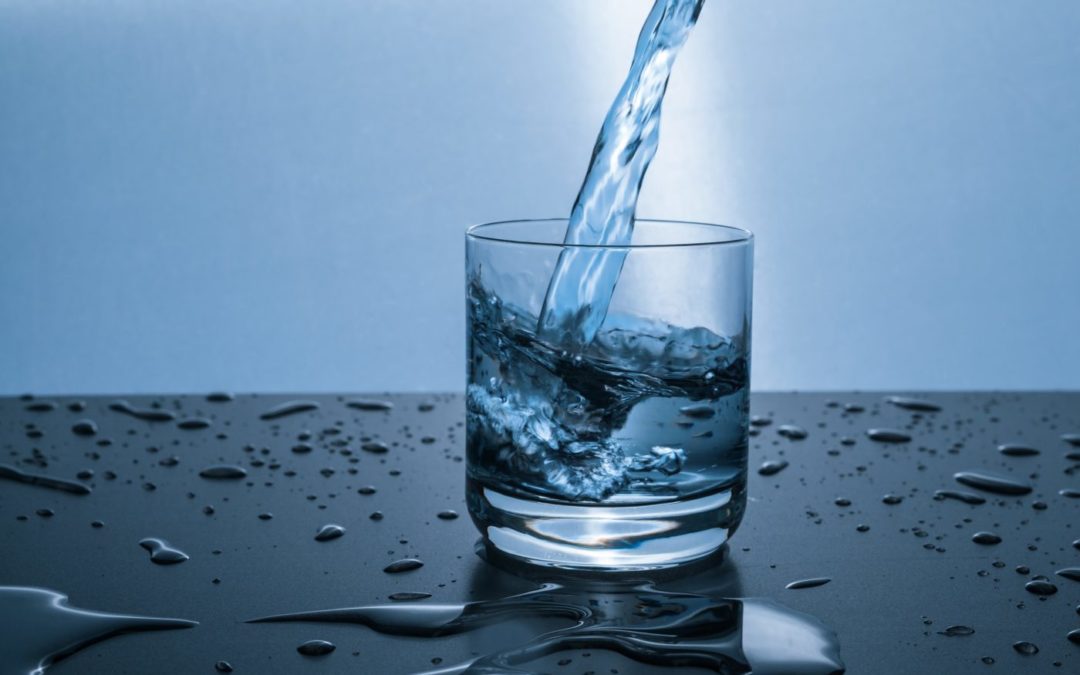
IDA COLLABORATES WITH MASDAR AND REED EXHIBITIONS THE 2019 WORLD FUTURE ENERGY SUMMIT (WFES) WATER FORUM AND THE TECH FOR GOOD FORUM
Author: Shrey Fadia
A global non-profit organization, International Desalination Association (IDA), partnered with MASDAR, a global leader in renewable energy, and REED Exhibitions, a world leader in event organization, to co-organize the WFES Water Forum and Tech for Good Forum at WFES 2019 which is held on January 14–16.
The aim of this forum is to come up with solutions to the growing problem of global water scarcity. Moreover, it presents the latest approaches to water supply, demand, security, and technology.
WFES (World Future Energy Summit) is a global industry platform connecting business and innovation in energy, clean technology, and efficiency for a sustainable future. WFES is part of the largest sustainability gathering in the Middle East, Abu Dhabi Sustainability Week (ADSW) which is dedicated to improving the major social, economic and environmental trends shaping the world’s sustainable development, and to empowering the global community to realize viable and effective strategies to mitigate climate change.
These forums and organizations shape the thinking and innovations in the field of water sustainability that can optimize resource efficiency, sustainability, and security in arid regions.
In the three days of WFES Summit, Day One begins with opening remarks from Mr. Miguel Angel Sanz, IDA President, and Director for Strategic Development Treatment Sector, Suez, France.
No region of the world is immune to the effects of water security. Thus, an important session by a keynote address: Update on the UAE’s 2036 Water Security Strategy, will be discussed by H. E. Eng. Fatima Al Foora Al Shamsi, Assistant Undersecretary for Electricity, Water and Future Energy Affairs, Ministry of Energy and Industry, UAE. The aim is to ensure sustainable access to water during both normal and emergency conditions in line with local regulations, standards of the World Health Organisation, and the UAE’s vision to achieve prosperity and sustainability.
Another round of sessions includes “Creating an Integrated Water Management Strategy to Optimize Efficiency, Security and Sustainability in GCC Countries,” moderated by Dr. Najib H. Dandachi, CEO, AL Usul, UAE. This session will provide the latest opinions and approaches to holistic water management, and how all water segments can come together to optimize efficiency, cost and environmental impact. This get-to-know session will help inform strategy at government level and aims to help change existing paradigms such as promoting the use of recycled water to recharge useful groundwater instead of polluting seas.
The clean and renewable energy revolution and its impact on the water sector can help us to beat climate change. Technological advances are increasing the deployment of renewable energy in the water sector, helping us to create a low-carbon future in clean water production. The session on “Harnessing Renewable Technology to Reduce the Energy Footprint of Water,” led by Leon Awerbuch, IDA Director and President, Leading Edge Technologies, USA, will review and discuss case studies and new approaches to increase the use of renewables in advanced water systems, with a panel.
Since more than a decade, RO membrane technology has advanced and overtaken thermal desalination processes, to become today’s state-of-the-art potable water production technology around the world. The session “Increasing the Use of RO to Supply Low-Carbon, Cost Efficient Water,” will focus on further reducing the carbon footprint by enhancing the efficiency of RO systems and combining state of the art renewable energy technologies to meet growing clean water needs worldwide, moderated by Rachid Ghamraoui, IDA Vice President.
The panel discussion “The MicroGrid of Water,” led by Emmanuel Gayan, CEO and Managing Director, Osmoflo, UAE; and “The Evolving Role of Water in Energy Exploration & Production,” moderated by Dr. Corrado Sommariva,IDA Officer and Managing Director, ILF Consulting, UAE are another followed sessions on the 1st day, which will cover the huge range of water innovations.
On the next day (January 15) at WFES, the sessions revolves around The Water-Food Nexus, commencing with a panel discussion on “Water and Food: UN Sustainable Development Goals (SDGs) and Resource Sustainability,” led by Mr. Chris Holmes, Senior Advisor and Global Water Security Expert at Boston Consulting Group, USA.
Forecasts of increased world population needs and urbanization requirements challenge water and food. The global conversation on a multifaceted global food and water strategy to ensure water and food security while facing climate change, water scarcity, other resource constraints and expected population growth will be discussed in the session – “Water-Food and the Bio-Economy: Future Challenges and Solutions,” led by Dr. Olcay Unver, Deputy Director, Land and Water Division, Food and Agriculture Organization of the United Nations (FAO), Italy, is co-convened by FAO and the Global Framework for Action to Cope with Water Security in Agriculture in the Context of Climate Change (WASAG). A specific focus will be placed on increasing the use of recycled water for agriculture in the GCC region.
Moderator Dr. Mohamed Hamyd Dawoud, Advisor, Water Resources Environment Quality, UAE address “Aquifer Management & Water Security” with other panel members.
Rest of the day was focused on key water projects and investments across MENA followed by encouraging sessions like “Demand-Side Management (DSM) strategies to Increase Water Efficiency, Establishing Regional Targets for Leakage,” and “Establishing Regional Targets for Leakage”.
The focus of Day Three (January 16) is The Tech for Good Forum: Disruptive Technology for Better Lives, which brings together UN Agencies, NGOs, donors, international finance agencies, technology providers, and entrepreneurs to discuss how advances in renewable energy, autonomous and remote devices, and other digital technologies further humanitarian efforts.
While day three commences with the welcome remarks by Dr. Mike Dixon, IDA Office and CEO of Synauta, Canada followed by his first session on “Technology for Good: The Current State of Affairs”, opening remarks will be delivered by HE Najla Mohammad Al Kaabi, Assistant Undersecretary of the Ministry of International Cooperation and Development, UAE.
Further, the session on the “Next Generation Tech for Good” will be a series of 3 short presentations (7 min) that will provide an eye-opening snapshot of some of the most promising innovations set to make a big impact over the coming years, led by Mr. Alistair Munro, IDA Officer and CEO of Gaia Tech, UAE.
Other panels include “Water Finance and the Developing World,” co-moderated by Mr. Devesh Sharma, IDA Director and Managing Director of Aquatech, USA, and Mr. Carlos Cosín, IDA Officer and CEO, Almar Water Solutions, Spain. This session will reveal how tech for good is being funded and how easily general aid money can be redirected to support such innovations. It will also shed light on what financiers and investors look for when considering the long-term impact of technology on living conditions and economic growth.
A panel session on the Global Clean Water Desalination Alliance, “H2O minus CO2,” a desalination-related climate initiative launched by MASDAR and the French government in 2017 at COP 21 in Paris.
This session, moderated by Fatima Al Suwaidi, Analyst, Technology, MASDAR, UAE will conclude with the signing of a partnership agreement between the alliance the Paris-based International Office for Water to collaborate on the implementation and administration of various activities.


Recent Comments